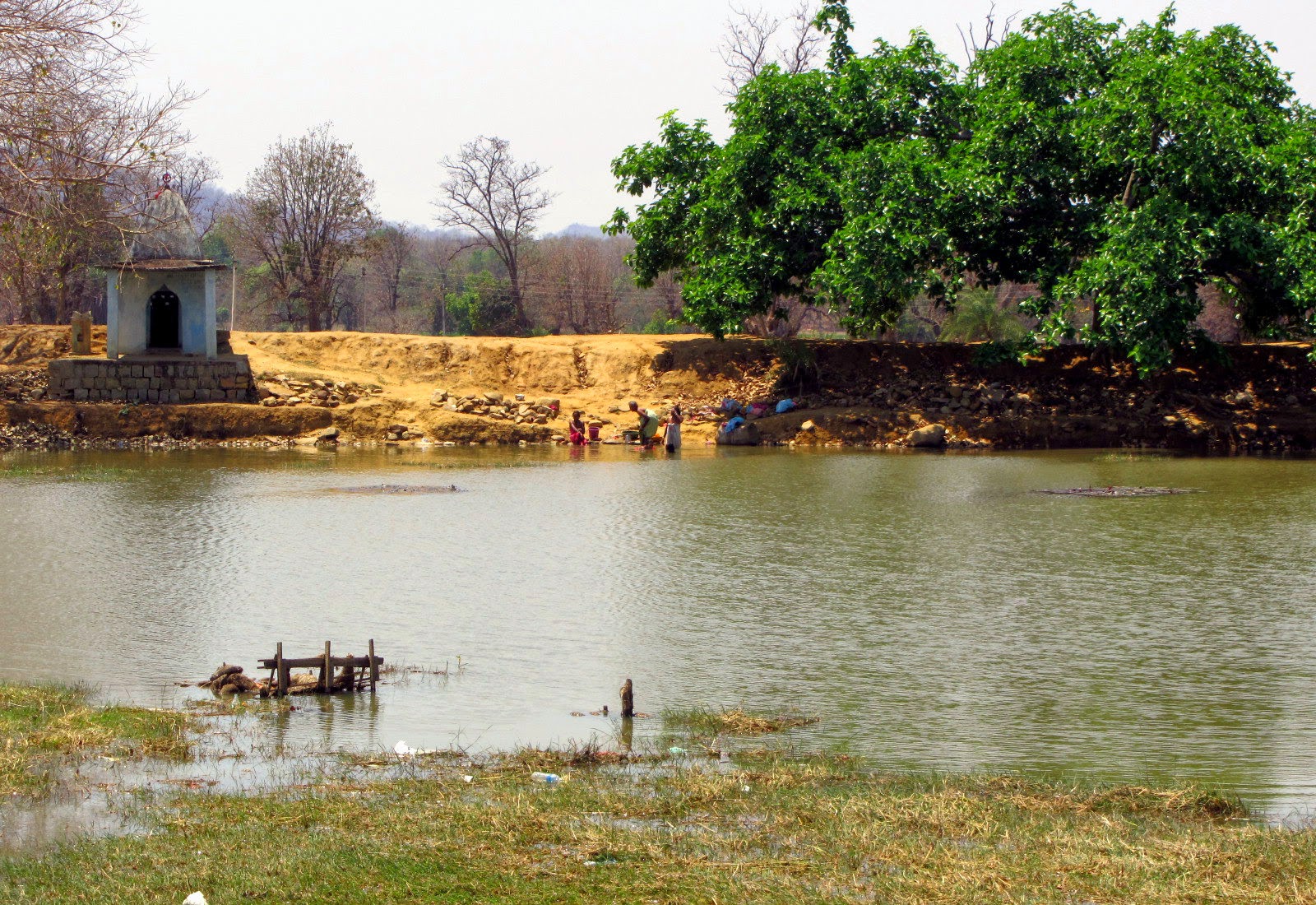As a journalist who looks at an issue through a gender lens, I meet hundreds of women each year. While I see a change maker in each of them, there have been a few women who have especially inspired me with their grit and passion to turn the tide. On this International Women's Day, I wanted to salute five of those harbingers of change.
1. From Sexual Violence Victim to Anti-GBV Warrior
There was a time Ramvati Bai thought of nothing but killing herself. A widowed mother of two, the 20 something tribal woman in Bakud village of India's Madhya Pradesh state was sexually harassed and assaulted by her father-in-law for three years. Yet, when she finally gathered the courage to file a complaint, the police dismissed her, calling it a “family matter”. To make things worse, Ramvati's mother in law threw her out of the house for bad naming her father in-law. With two young children and no place to go, Ramvati thought ending her life was the only option.
But today Ramvati can be seen consoling and supporting other women victims of sexual and gender based violence. In fact, she informs such women of the existing laws against violence against women and how to seek legal justice.
According to Ramvati, it happened when she joined Narmada Mahila Sangh - a network of fellow tribal women that helps victims of domestic violence seek justice. The members of the network are trained paralegals and they in turn run workshops for other women in the villages on a range of issues from understanding existing laws and policies, to learning how to conduct a basic investigation before approaching the police. They also counsel, provide moral support and often, a sympathetic sister's shoulder to cry on.
“We want a life of dignity, free of violence,” Ramvati Bai told me when we met. “Nothing else matters more than that. You can read my story on her here.
2. From disability and abandonment to water leadership
1. From Sexual Violence Victim to Anti-GBV Warrior
There was a time Ramvati Bai thought of nothing but killing herself. A widowed mother of two, the 20 something tribal woman in Bakud village of India's Madhya Pradesh state was sexually harassed and assaulted by her father-in-law for three years. Yet, when she finally gathered the courage to file a complaint, the police dismissed her, calling it a “family matter”. To make things worse, Ramvati's mother in law threw her out of the house for bad naming her father in-law. With two young children and no place to go, Ramvati thought ending her life was the only option.
But today Ramvati can be seen consoling and supporting other women victims of sexual and gender based violence. In fact, she informs such women of the existing laws against violence against women and how to seek legal justice.
According to Ramvati, it happened when she joined Narmada Mahila Sangh - a network of fellow tribal women that helps victims of domestic violence seek justice. The members of the network are trained paralegals and they in turn run workshops for other women in the villages on a range of issues from understanding existing laws and policies, to learning how to conduct a basic investigation before approaching the police. They also counsel, provide moral support and often, a sympathetic sister's shoulder to cry on.
“We want a life of dignity, free of violence,” Ramvati Bai told me when we met. “Nothing else matters more than that. You can read my story on her here.
2. From disability and abandonment to water leadership










